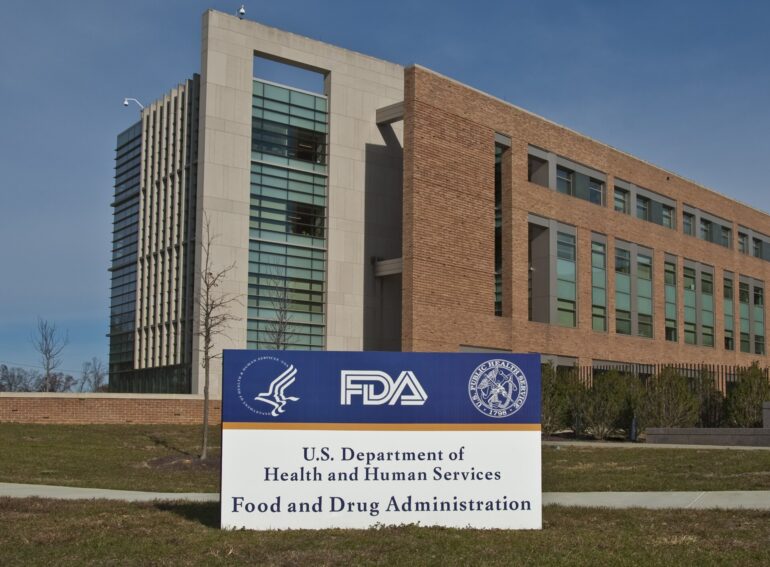Internal government documents reveal that the U.S. Food and Drug Administration repeatedly ignored recommendations from its own scientists to warn pregnant women about potential risks associated with Tylenol use—delaying action for nearly a decade despite mounting evidence and internal calls for caution.
The records, spanning from 2014 to 2022, show that FDA drug safety officials repeatedly urged the agency to issue updated guidance acknowledging studies linking acetaminophen—the active ingredient in Tylenol—to developmental disorders, including ADHD and neurological impairments in children. But agency leadership declined to revise its official position until September 2025, only after mounting public pressure from President Donald J. Trump and Health and Human Services Secretary Robert F. Kennedy Jr.
According to the internal reports and memos, obtained by Keller Postman LLC, a law firm leading a class-action suit against Tylenol manufacturer Kenvue, the agency’s own scientists consistently recommended more transparent warnings for expectant mothers. A 2016 memorandum from Senior Medical Officer Andrew Mosholder called for a “nuanced warning” advising caution when using the drug during pregnancy. Despite this, the FDA’s leadership, under then–Center for Drug Evaluation and Research (CDER) Director Janet Woodcock, chose not to act, maintaining its outdated 2015 statement for nearly ten years.
The agency’s reluctance to update guidance, according to the documents, reflected an institutional hesitancy to acknowledge scientific uncertainty publicly. While internal divisions supported warnings, top officials dismissed the evidence as “insufficient,” opting instead to request further studies—a decision critics say left consumers in the dark about possible risks.
Woodcock, who has led the CDER through several controversies, has faced criticism in the past for slow responses to emerging safety concerns. Her leadership came under scrutiny for delays in updating safety warnings on other pharmaceuticals and vaccines, fueling broader questions about the agency’s transparency and accountability.
The issue is now at the center of a growing legal battle. In November, the U.S. Court of Appeals for the Second Circuit will hear an appeal in a class-action lawsuit against Kenvue.
Plaintiffs allege that Tylenol’s manufacturers failed to properly inform consumers of potential risks, while the FDA continues to argue that the evidence does not establish a causal link between acetaminophen and developmental disorders.
The agency’s 2023 review of the data notably omitted any mention of prior internal recommendations, raising further concerns about selective disclosure.
The omission has added fuel to a larger debate over whether federal regulators have prioritized corporate and bureaucratic caution over the public’s right to know.
The FDA’s eventual reversal in 2025 came only after pressure from Trump and Kennedy, who both called for “clear, honest communication” from federal health agencies. Critics say the agency’s decade-long delay left millions of pregnant women without adequate guidance—another example, they argue, of Washington bureaucracy putting politics and liability above science and public health.
[READ MORE: Trump Defends White House Ballroom Project as Hillary Clinton Accuses Him of “Destroying” the People’s House]





